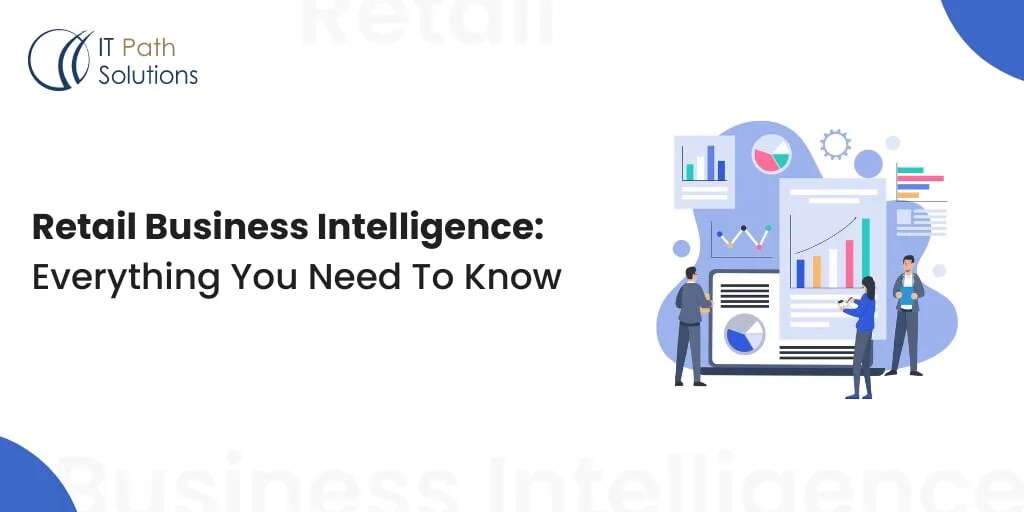


Retail Business Intelligence: Everything You Need to Know
In today’s data-driven world, staying competitive in the retail sector means more than just stocking shelves and ringing up sales. It’s about understanding your customers, tracking inventory in real time, forecasting demand, and optimizing operations. Retail Business Intelligence (BI) makes all of that possible — and more.
Whether you’re managing a chain of stores or running an online shop, Business Intelligence tools can transform how you make decisions, improve customer experience, and grow your profits. This blog dives deep into what retail BI is, why it matters, and how to implement it effectively.
Retail Business Intelligence refers to the use of technology, tools, and practices that analyze data collected from various retail operations — like sales, customer behavior, inventory, and supply chain — to generate actionable insights.
These insights help businesses:
Retail BI isn’t just about collecting data — it’s about turning data into decisions.
Retail is a fast-moving industry. Trends shift, consumer demands evolve, and competition intensifies by the minute. Business Intelligence offers a competitive edge through:
Modern BI tools offer dashboards and visualizations that give you real-time insights into sales, performance, and inventory. This allows quick reactions to emerging trends or issues.
BI helps retailers understand customer behavior through demographic analysis, purchase history, and engagement patterns. This leads to better personalization and improved customer loyalty.
No one wants shelves full of unsold items or to miss out on sales because of out-of-stock products. BI enables precise inventory tracking, demand forecasting, and restocking strategies.
With insights into which campaigns are working and what products are selling, marketing strategies can be adjusted quickly for better ROI.
Business Intelligence platforms often offer competitor tracking features, helping retailers benchmark performance and spot market opportunities.
Modern retail BI tools are packed with features designed to simplify and enhance retail operations. These include:
As one of the largest retailers globally, Walmart uses BI tools to analyze millions of transactions per hour. This helps them streamline inventory, predict demand spikes, and optimize store layouts.
Amazon’s powerful BI system tracks every click and purchase to recommend products, optimize pricing, and deliver a seamless user experience.
Even smaller businesses are harnessing tools like Tableau, Power BI, or Looker to understand store performance, reduce waste, and personalize customer service.
When selecting a Business Intelligence tool for your retail business, consider the following:
With emerging technologies like AI, machine learning, and predictive analytics, the future of retail BI is more dynamic than ever. Expect:
Retailers who invest in next-gen BI today will be the market leaders tomorrow.
Retail Business Intelligence is not just a trend — it’s a necessity. It empowers retailers to make smarter decisions, reduce costs, improve customer satisfaction, and gain a significant edge over the competition.
Whether you’re running a brick-and-mortar store or a multi-channel eCommerce operation, now is the time to embrace BI. The investment you make in your data today could be the reason you thrive tomorrow.
